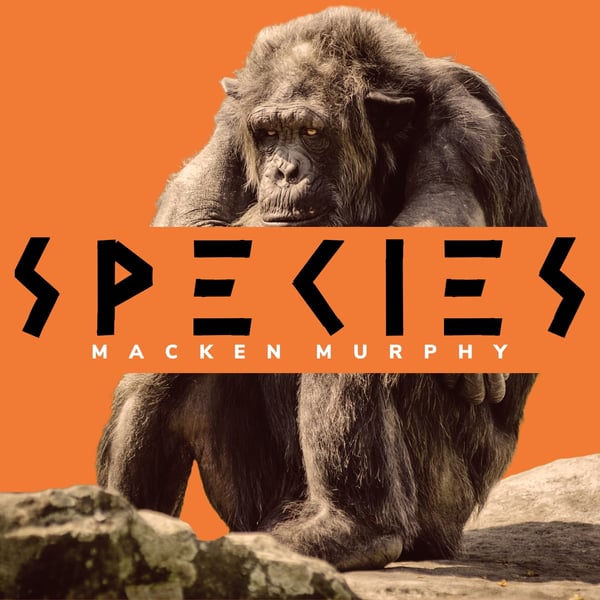State of Affairs | Dr. Brooke Scelza
Species
Macken Murphy
4.8 • 606 Ratings
🗓️ 22 August 2022
⏱️ 57 minutes
🧾️ Download transcript
Summary
Infidelity is almost ubiquitous among the Himba, an indigenous group of pastoralists living in Namibia and Angola. In this episode, I speak with a human behavioral ecologist who can help us understand why.
UCLA's Professor Brooke Scelza (@bascelza) has studied reproductive decision-making in these people for about a decade. Her fascinating work has made progress towards understanding the rationale behind patterns of parental investment, fosterage, and infidelity. In this podcast, we focus on the last item on this list. Come learn about an interesting culture and view infidelity through a new lens on this episode of Species.
Transcript
Click on a timestamp to play from that location
| 0:00.0 | I want you to notice something about your decision-making. |
| 0:04.7 | Many, if not most, of your decisions are aimed at keeping you alive and helping you reproduce. |
| 0:13.3 | This is true for simple daily decisions, choosing to drink water or eat or look both ways before crossing the street. |
| 0:21.7 | It's also true for more complex decisions. |
| 0:25.1 | Who should I marry? |
| 0:26.5 | What's the best time for me to have kids? |
| 0:29.1 | How can I teach my children to thrive in our cultural setting? |
| 0:33.5 | So many of your decisions are geared towards increasing your probability of getting your genes into the next generation and keeping them alive in it. |
| 0:46.0 | Human behavior varies a lot. People in different contexts behave very differently. And there's a research discipline called human |
| 0:56.4 | behavioral ecology that says one of the reasons different people and different groups of |
| 1:02.0 | people act differently is because fundamentally their environments bring different good decisions |
| 1:09.3 | out of them. Basically, humans evolved a variety of mechanisms |
| 1:15.8 | that allow them to be behaviorally flexible in response to challenges, and this flexibility |
| 1:22.1 | is oriented towards optimizing survival and reproduction. |
| 1:28.8 | This discipline sees groups of humans behaving in certain ways, and at least at first, we'll try to give them some Darwinian credit, and say, well, how does that behavior help them survive and reproduce optimally, given their context? |
| 1:48.1 | Today's episode isn't aimed at children for reasons outlined in the show description, |
| 1:53.9 | so families feel free to make a judgment call on whether to listen to this episode. |
| 2:00.1 | Today we'll be focusing on an indigenous people known as the Hymba, |
| 2:05.0 | that have romantic practices quite different from most of us listening in the West. |
| 2:10.9 | They're polygynous, men marry multiple women, |
| 2:13.7 | and everybody has extramarital affairs. Almost all of them, men and women, cheat. |
| 2:22.5 | Men in this culture knowingly raise the children of the men who their wife has had affairs with. |
... |
Please login to see the full transcript.
Disclaimer: The podcast and artwork embedded on this page are from Macken Murphy, and are the property of its owner and not affiliated with or endorsed by Tapesearch.
Generated transcripts are the property of Macken Murphy and are distributed freely under the Fair Use doctrine. Transcripts generated by Tapesearch are not guaranteed to be accurate.
Copyright © Tapesearch 2025.

